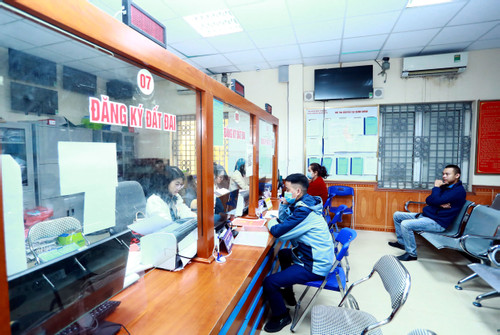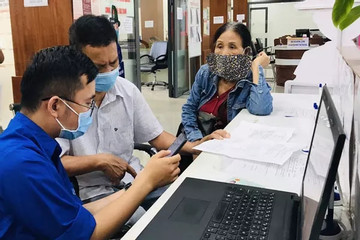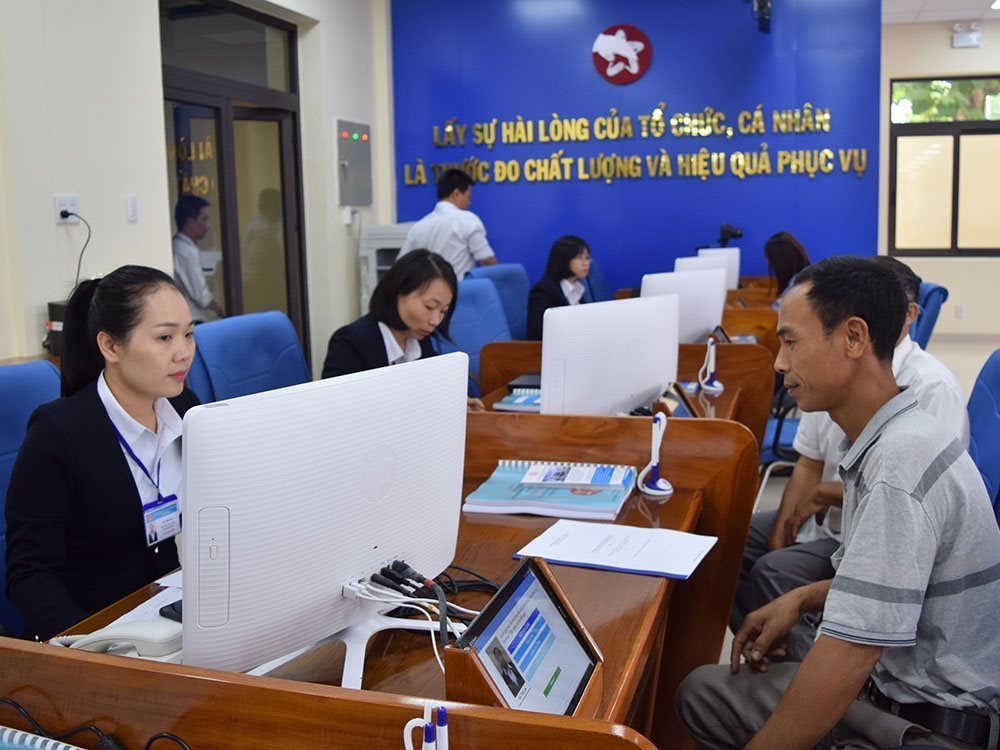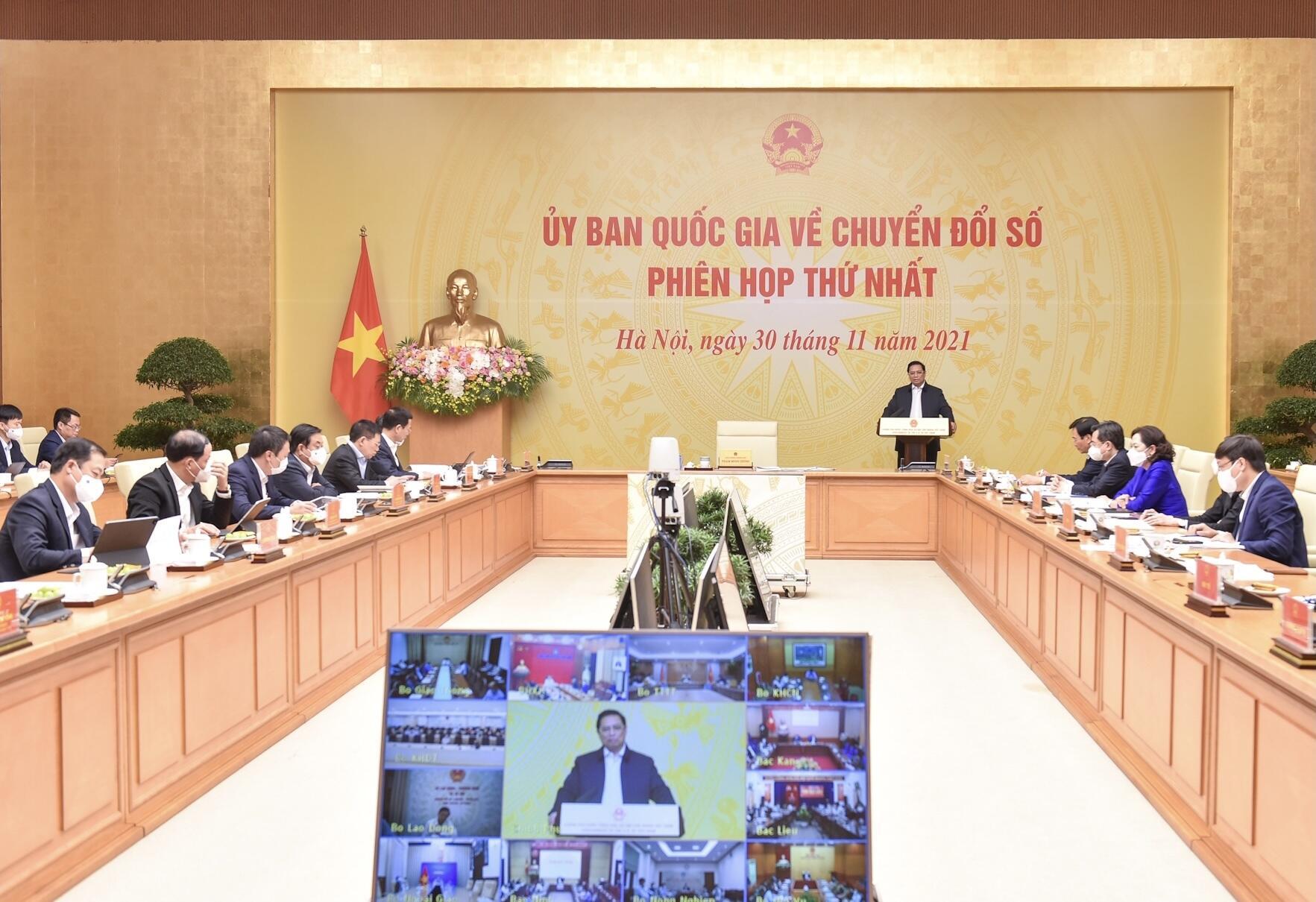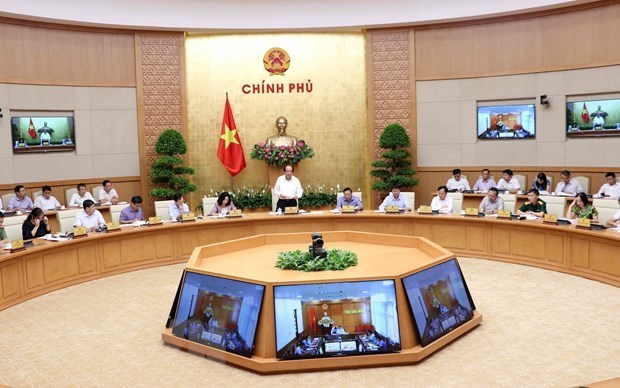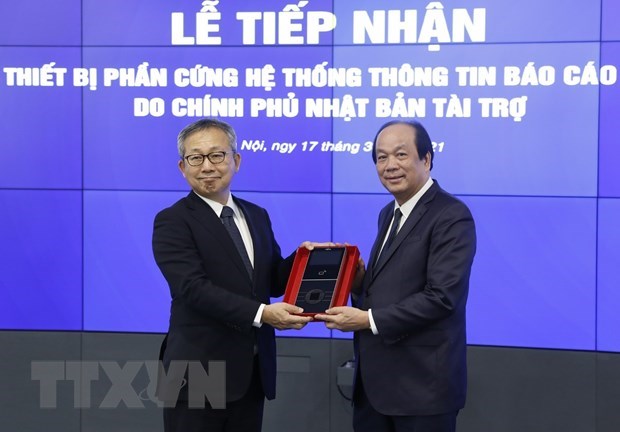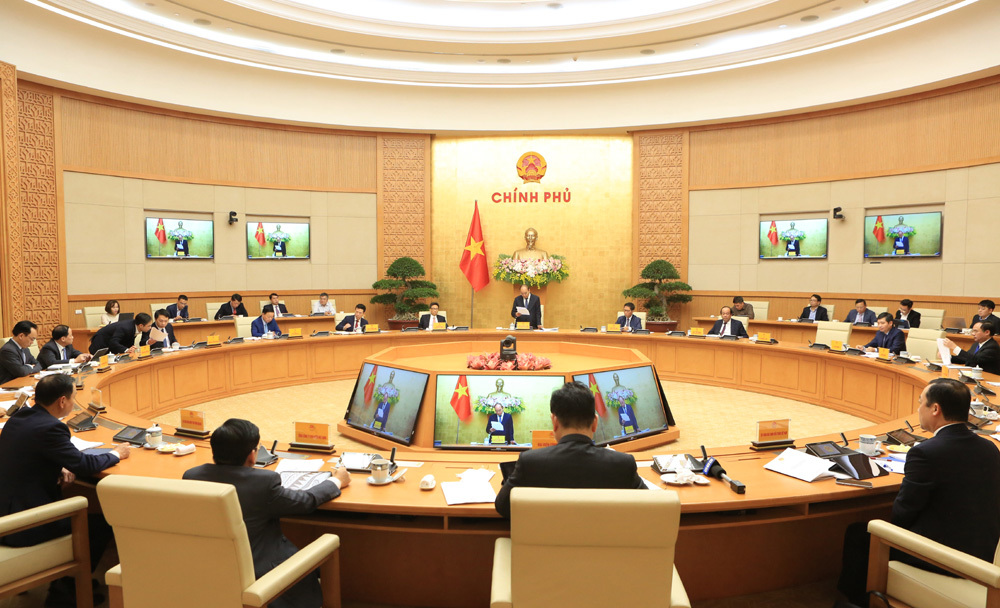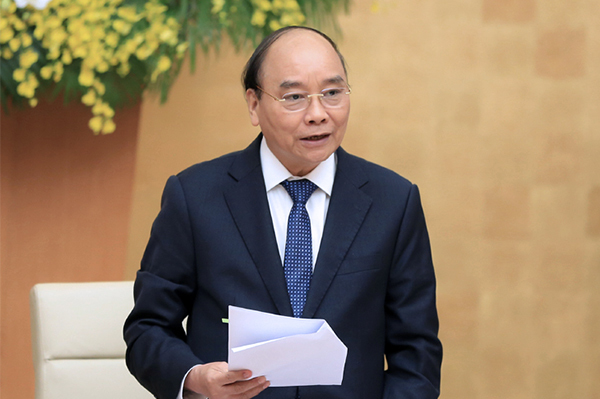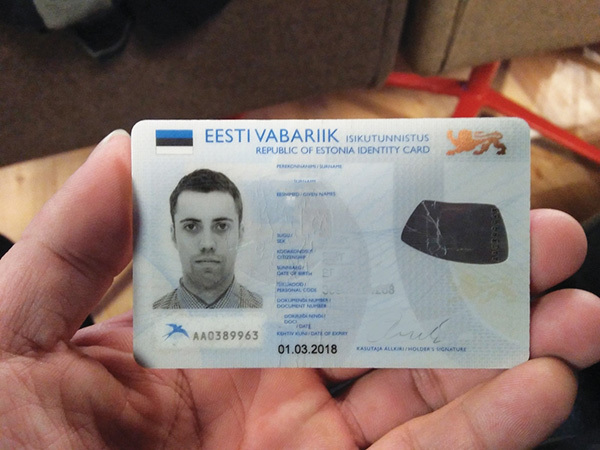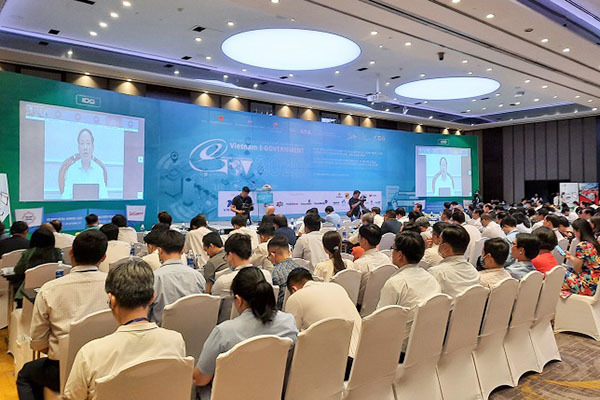- © Copyright of Vietnamnet Global.
- Tel: 024 3772 7988 Fax: (024) 37722734
- Email: [email protected]
digital government
Update news digital government
National population, land databases connected
The Ministry of Public Security (MPS) and the Ministry of Natural Resources and the Environment (MONRE) have connected the national database on population and land in a bid to improve state management services.
Localities to improve effectiveness of online public services
Some localities have reduced service fees and charges, and assigned targets for online document processing in an aim to improve online public services.
Connections, sharing of data via national data exchange platform to be promoted
To promote data exchange among agencies, the Ministry of Information and Communications has instructed ministries and provinces on how to connect and exchange data via national data exchange platform (NDXP).
Important transition for digital government as public services go online
The completion of the target of offering 100% of eligible public services online to the highest level 4 in 2021 is an important step to create momentum for a digital government in Vietnam.
Vietnam must stay on the digital transformation path: Prime Minister
Prime Minister Pham Minh Chinh chaired the first meeting of the committee via a videoconference on November 30, 2021.
Data sharing among state agencies yet to meet actual needs
One of the problems in building e-Government is the lack of data connection and sharing among state agencies, according to the Ministry of Information and Communications (MIC).
Reform of Government apparatus
The Ministry of Home Affairs has proposed reducing the number of ministries and ministerial-level agencies from 22 at present to 16-18 by 2030; and to promote digital transformation and the digital government.
Vietnam issues first e-government development strategy towards digital government
On June 15, 2021, the Prime Minister issued Decision No. 942/QD-TTg approving the e-government development strategy towards the digital government in the 2021-2025 period, with a vision to 2030.
PM asks ministries, provinces to increase rate of public services to levels 3, 4
The Prime Minister has asked ministries, state agencies and provinces to focus their resources on increasing the rate of online public services to levels 3 and 4, and integrate their public services on the National Public Service Portal.
Vietnam’s next-generation social networks seek new approach
The next-generation social networks of Vietnam need to be products of the third internet wave, with a commitment to share benefits with users and develop together for users’ benefit.
Vietnam receives Japanese equipment for Government Information Reporting System
A ceremony was held in Hanoi on March 17 to mark the reception of the Japanese Government-sponsored equipment for the Government Information Reporting System of Vietnam.
E-government: removing bottlenecks with a new approach
After two years implementing Resolution No. 17/NQ-CP on e-government, Vietnam has made great progress, adopting a new approach to solving bottlenecks and problems that have existed for a long time.
Vietnam to form digital government by 2025
Digital government will be formed by 2025, representing a transition from e-government. The challenge will be management of change.
National population database a breakthrough in population management
A national database on population, which was launched on February 25, is a breakthrough in population management work in the country.
Digital transformation provides multiple benefits to citizens
The HCM City digital transformation programme has contributed to developing the city and bringing many benefits to its people and businesses.
Creating new synergy for the country through digital transformation
Vietnam will give priority to promoting innovation in digital technology development, carrying out digital transformation in business, society and governance, and gradually forming a digital economy, digital society and digital government.
Large scale 5G rollout expected in 2021: information minister
Vietnam has not fallen behind in launching a 5G network, having completed a technical pilot last year, Minister of Information and Communications Nguyen Manh Hung said while being grilled in the Q&A session at the 14th National Assembly.
High-tech helps Vietnam cope with pandemic
What should be done to ensure that technology is not hampered by an ‘overly tight shirt’ and to maintain a legal framework open enough to encourage development?
Embracing digital governance for upgrading public services
On its way to establishing its digital government, Vietnam is looking to take some examples from nations like Estonia, which managed to bring public services to a level that serves the public and emanates trust.
National Strategy on Digital Government Development to be submitted to the PM
Deputy Minister of Information and Communications Pham Anh Tuan said that his Ministry is about to submit to the PM the National Strategy for Digital Government Development for the period 2021-2025, with a vision to 2030.
